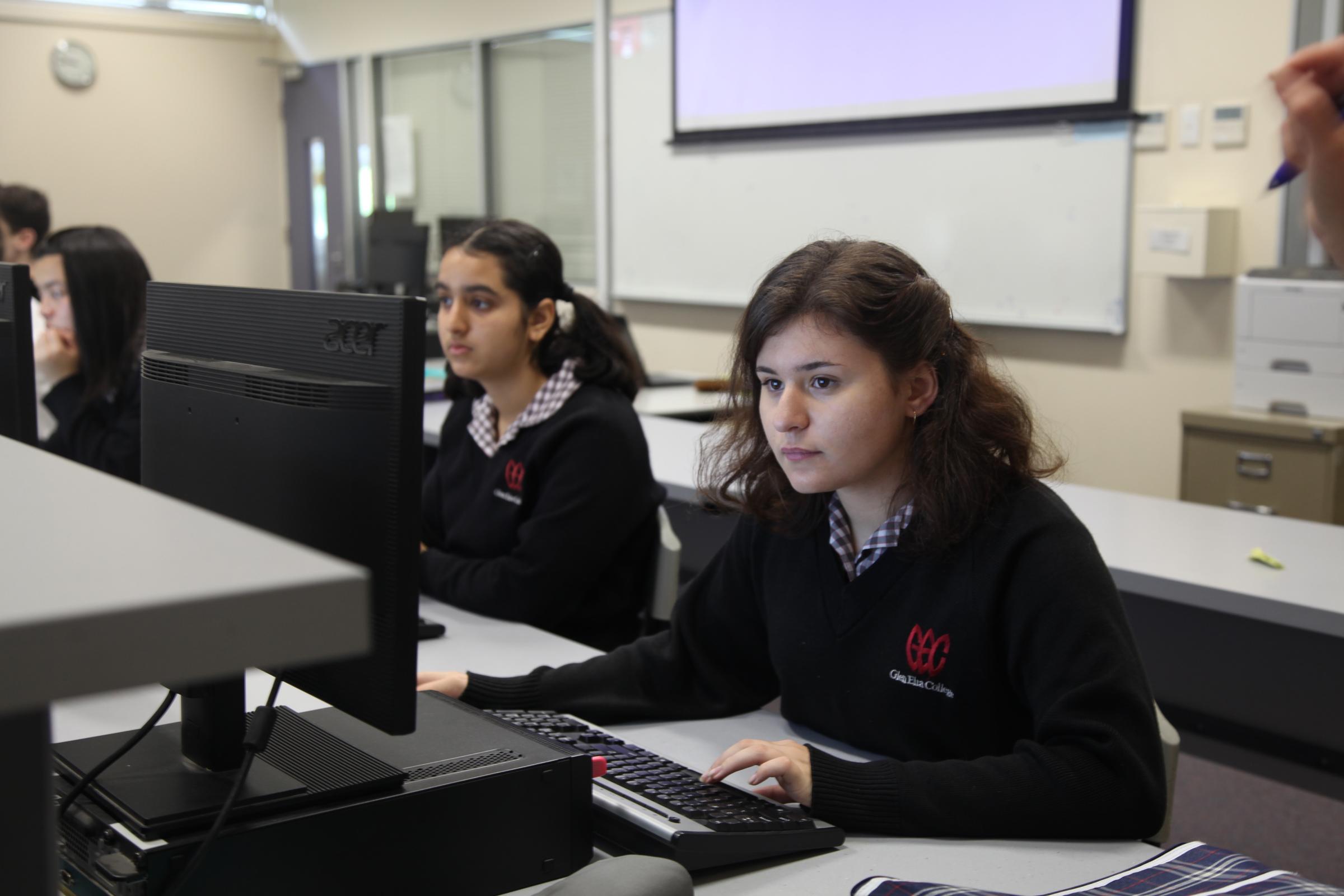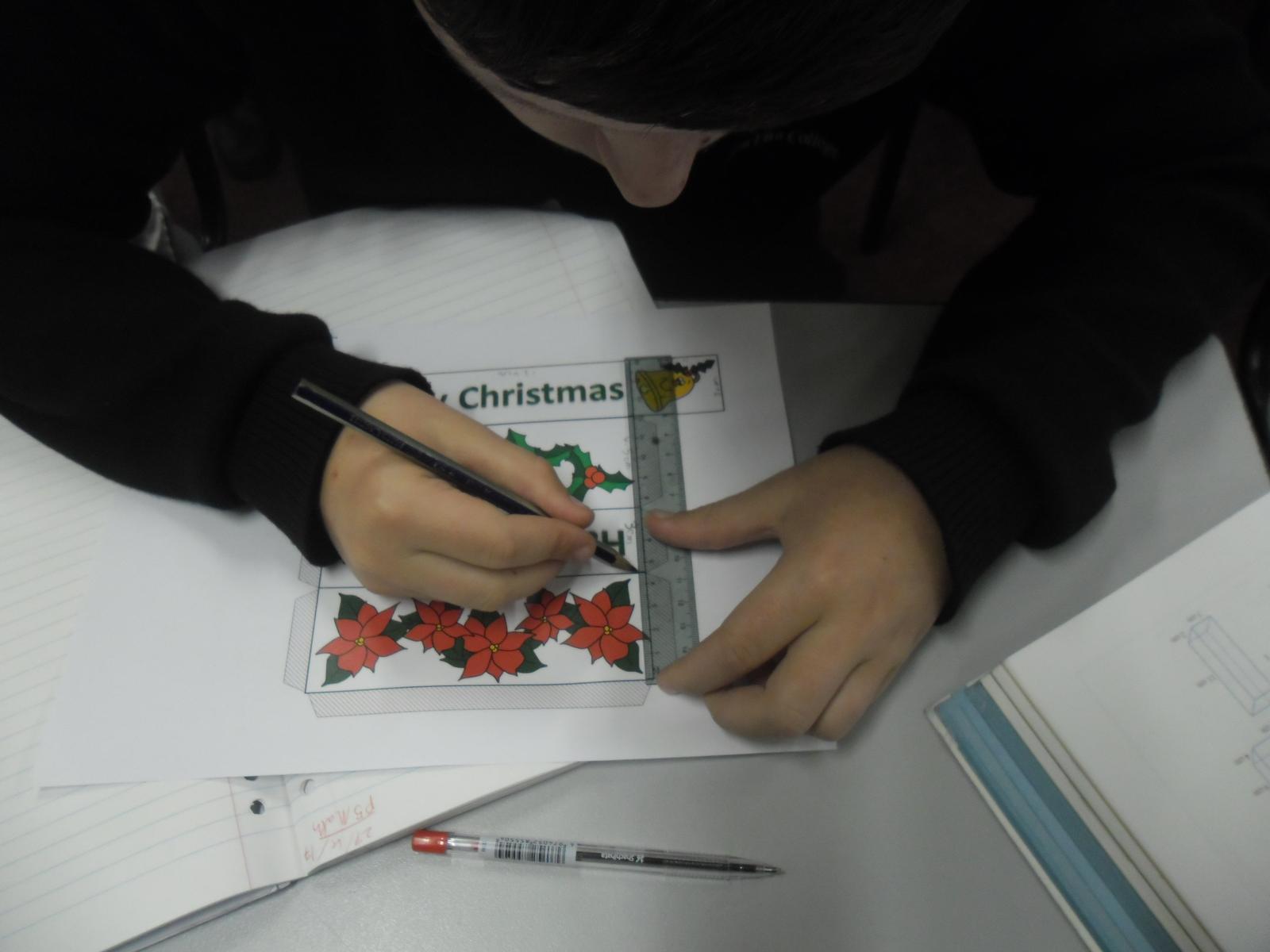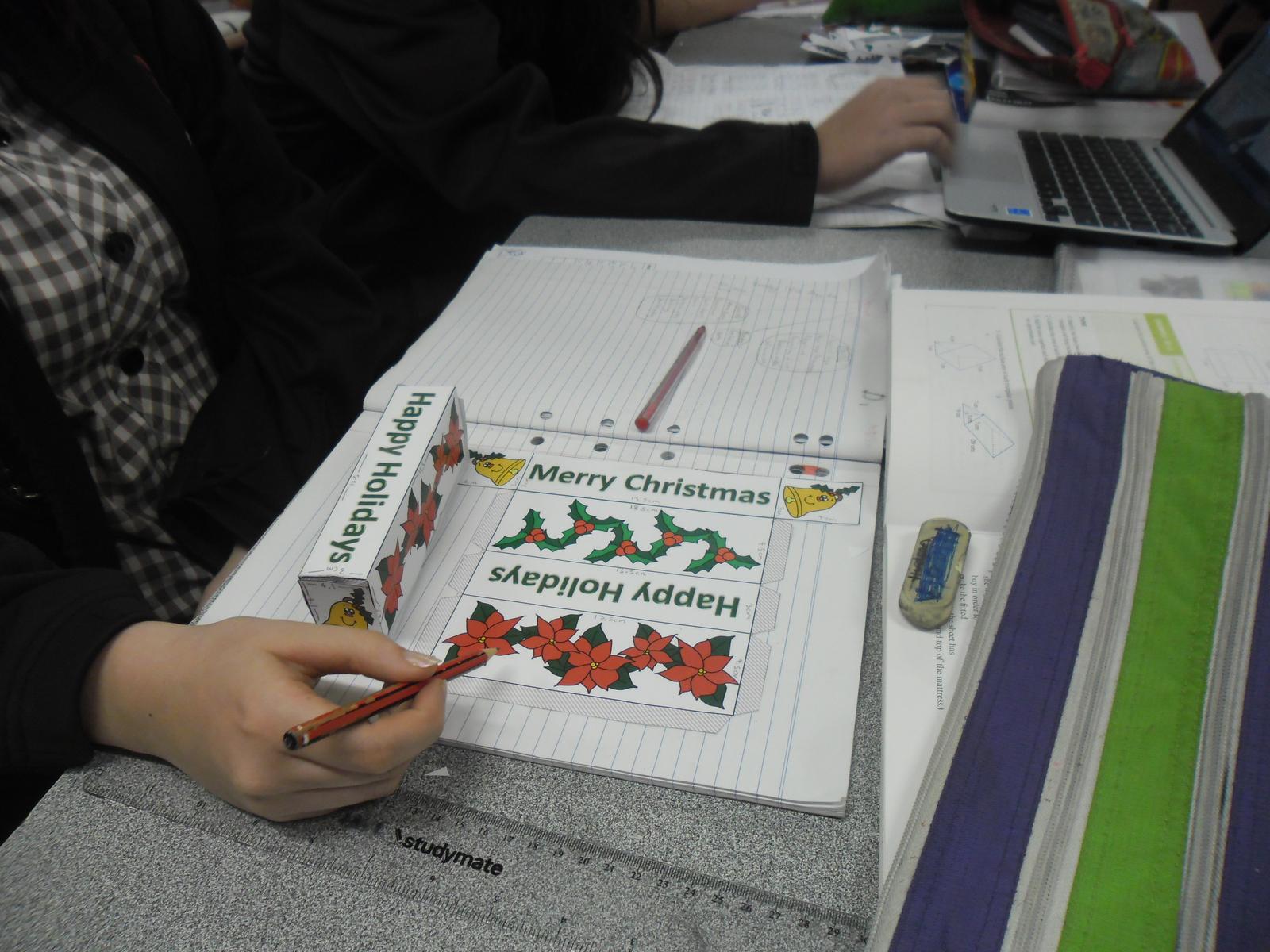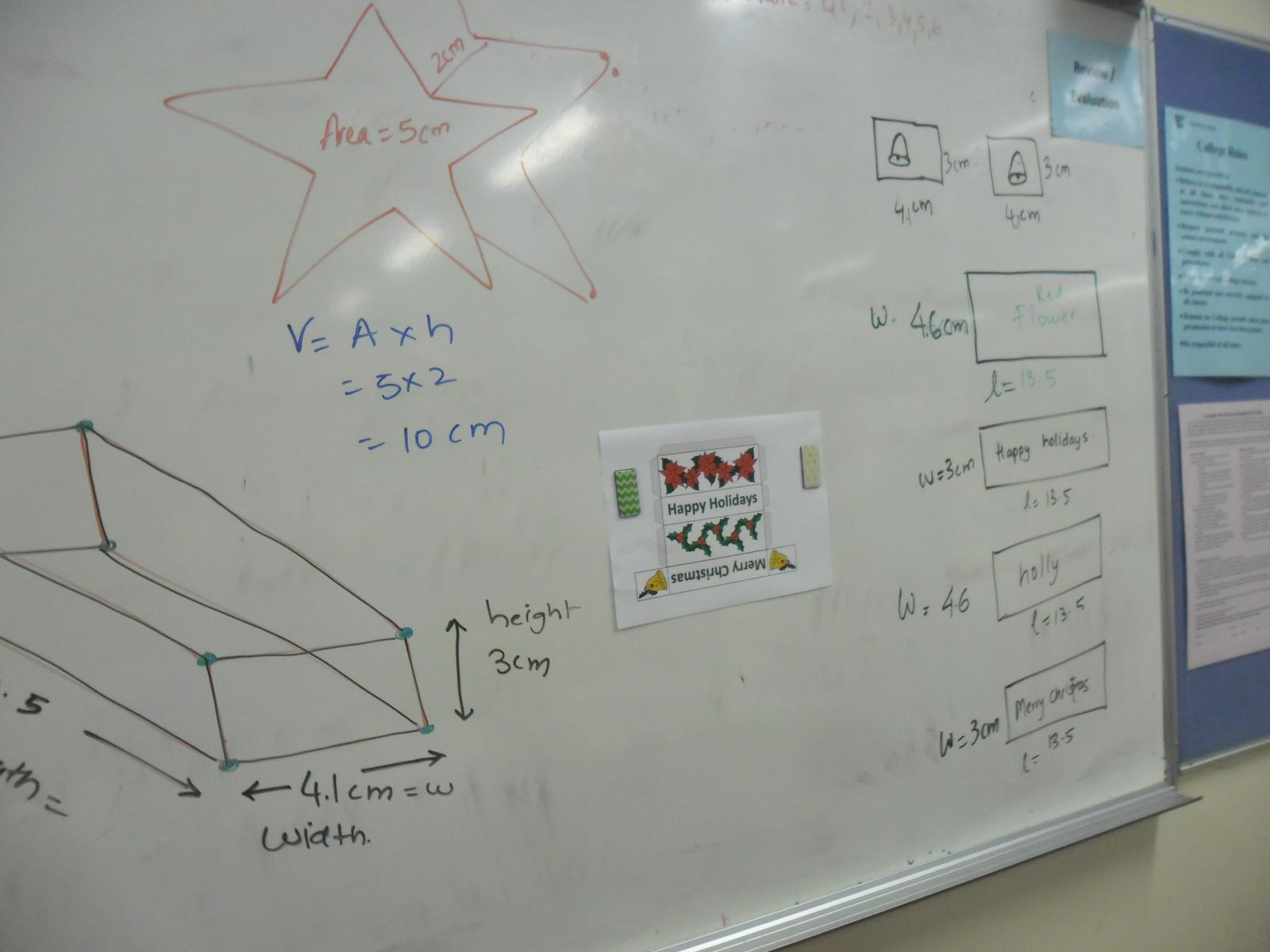Around the College

Year 8 Maths
This term Year 8 enjoyed learning Total Surface Area and Volume of Rectangular and Triangular Prisms by making their 3D models and understanding their nets. They learnt that the Total Surface Area of these Prisms could be developed by adding all the areas of shapes in the net of a Prism. They made 3D models of both type of Prisms from their nets, did measurements to find dimensions and then were able to calculate the Total Surface Area.
In the next lesson, they learnt how to calculate the Volume of these two prisms using 3D models. They also learnt features of a Prism and some other types.
They learnt this for calculating the cost for painting a room/house and flooring their house that was a part of their assessment for this year.
Parminder Kaur
Maths Teacher
Literacy News
Throughout secondary school the average student’s vocabulary is likely to grow at an incredible rate, from general academic content (e.g. analyse/define/identify) to subject specific terminology (e.g. biome/inter-quartile/Rococo). For some students, the acquisition of all these new words can be overwhelming. When learning new vocabulary, there are three important ideas for students to keep in mind.
- English is a vast and unique collection of words. Don’t stress if you can’t learn every single new word that you encounter in your reading. Reflect on the new vocabulary and decide if it is worth understanding this word in detail. Discuss with a friend and especially a teacher, they will be able to give you advice on how important this word (or words) are in your study.
- Although it may seem complex, the construction of English vocabulary is actually fairly simple and consistent compared to other languages. Meanings of 60% of multisyllabic words can be inferred by examining the word in sections. When reading, ask yourself: Does this remind me of another word? Learning a few key suffix and prefix word parts can be useful for learning a large number of new words. For example, once we learn that bio means life, it helps us understand the words biography, biology, and even symbiotic.
- Learning fewer words well is more effective than trying to learn several words in a superficial way. Instead of sitting down with a long list and attempting to memorize it, try to make connections between the words and other words you already know or ideas they remind you of. Mental images are a powerful way to learn vocabulary.
Michael Kelty
Literacy Coordinator
eLearning News
Technology within our school is constantly growing and adapting to the students’ and teachers’ needs. We have so many wonderful technological advantages that most schools do not have. This includes the use of Chromebooks from Year 8 and upwards. We have technology related clubs and subjects on offer also. The Robotics Club is a great way to apply computer programming skills and have fun. The leading teacher of the club states that “In IT and Robotics students are exposed to various aspects of technology, including building and programming robots, code based programming in Python and the use of software for data manipulation using spreadsheets and databases.” A student exposed to these kinds of technology enthusiastically says that “In our IT subjects, we are given the opportunity to apply our skills in fun and useful activities.”
As well as IT based subjects and clubs we are also working on creating a better way to print from Chromebooks as it is very hard to do at the moment. Talking of printing, there are whispers around the school that we might be acquiring a 3D printer which is very exciting. Students in lower year levels can also be exposed to this kind of technology as there are many opportunities to learn about different programs and applications in daily classroom activities. This may be the use of spreadsheets in maths class or something a little more amusing, the website Kahoot!, a useful tool for learning facts. Overall our school is teeming with educational technological opportunities that students should definitely take advantage of.
Elizabeth Lindner-Craig
eLearning Captain



